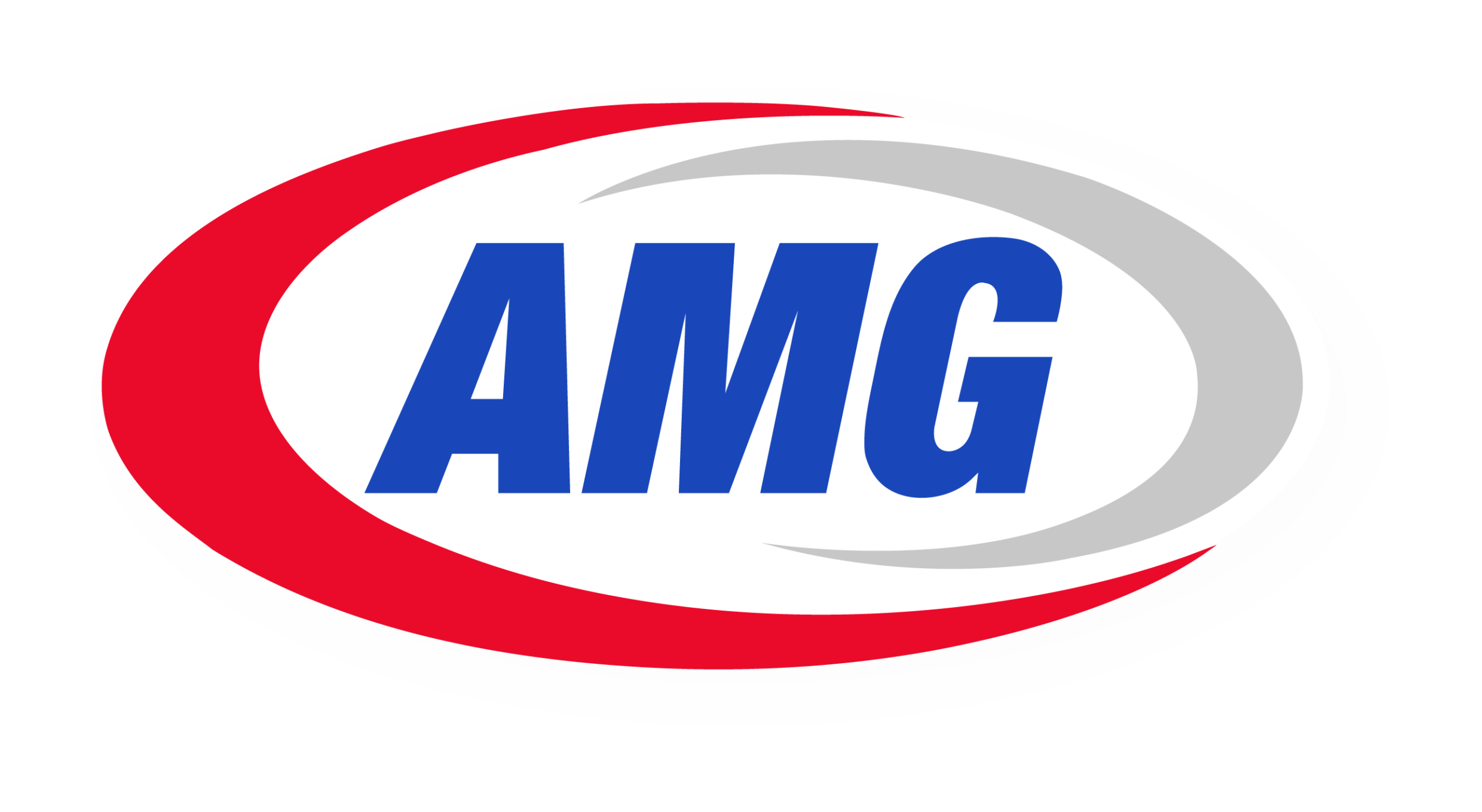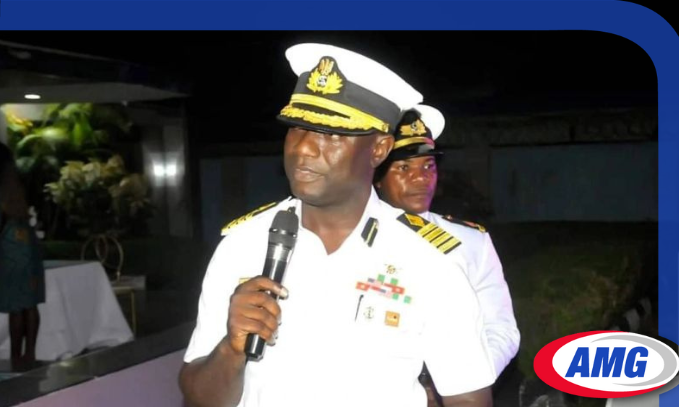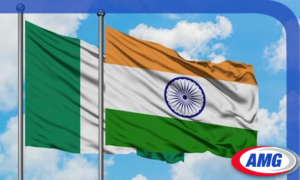In response to recent assertions made by the Maritime Workers Union of Nigeria (MWUN) regarding the earnings of Nigerian seafarers, the Secretary General of the Merchant Seafarers Association of Nigeria (MESAN); Captain Alfred Oniye has offered a rebuttal, highlighting discrepancies in MWUN’s claims.
MWUN’s depiction of Nigerian seafarers as among the highest paid globally has been met with skepticism by MESAN. Captain Oniye emphasized the need for a closer examination of the maritime industry’s compensation landscape, pointing out various factors that influence seafarer salaries, including demand for maritime labour, regional cost of living, and international standards set by organizations like the International Transport Workers’ Federation (ITF).
Acknowledging ITF’s advocacy for improved pay and working conditions, Captain Oniye questioned the veracity of MWUN’s assertion regarding Nigerian seafarers’ pay scale. He pointed at on-going negotiations within the Nigerian Joint Industrial Council (NJIC) aimed at addressing wage disparities and enhancing working conditions, indicating a recognized problem of low pay within the sector.
According to MESAN Secretary General, reports categorizing Nigerian seafarers as among the lowest paid globally further challenge MWUN’s narrative. He noted that these reports suggest that the average monthly take-home pay for Nigerian seafarers falls significantly below the International Labour Organization’s (ILO) minimum wage for Able Seamen, raising doubts about the accuracy of claims regarding their high earnings.
While acknowledging the commendable efforts of MWUN and the ITF in securing better Collective Bargaining Agreements (CBAs), Oniye cautioned against premature claims about Nigerian seafarers’ salaries. He stressed the importance of collaborative efforts among stakeholders, including the government, maritime unions, and industry players, to establish a transparent and equitable wage structure that accurately reflects the skills and dedication of Nigerian seafarers.
In his words: “Globally, seafarer salaries are governed by various factors, including the demand for maritime labor, the cost of living in different regions, and international standards set by bodies such as the International Transport Workers’ Federation (ITF). While it is true that the ITF has been instrumental in advocating for better pay and working conditions, the assertion that Nigerian seafarers are among the highest paid warrants scrutiny.
“Moreover, the Nigerian Joint Industrial Council (NJIC) has been embroiled in discussions to address wage disparities and improve working conditions. The fact that such negotiations are ongoing indicates that the issue of low pay is a recognized problem within the sector.
“Further complicating the narrative are reports that categorize Nigerian seafarers among the lowest paid in the world. These accounts suggest that the average monthly take-home pay for a Nigerian seafarer is significantly below the ILO minimum wage for Able Seamen. Such discrepancies raise questions about the veracity of claims regarding their high earnings.
“While the efforts of MWUN and the ITF are commendable, especially in securing better Collective Bargaining Agreements (CBAs), the claim that Nigerian seafarers are now among the highest paid seems premature. It is crucial for all stakeholders, including the government, maritime unions, and industry players, to work collaboratively towards a transparent and equitable wage structure that reflects the skill and dedication of Nigerian seafarers” Captain Oniye concluded.





